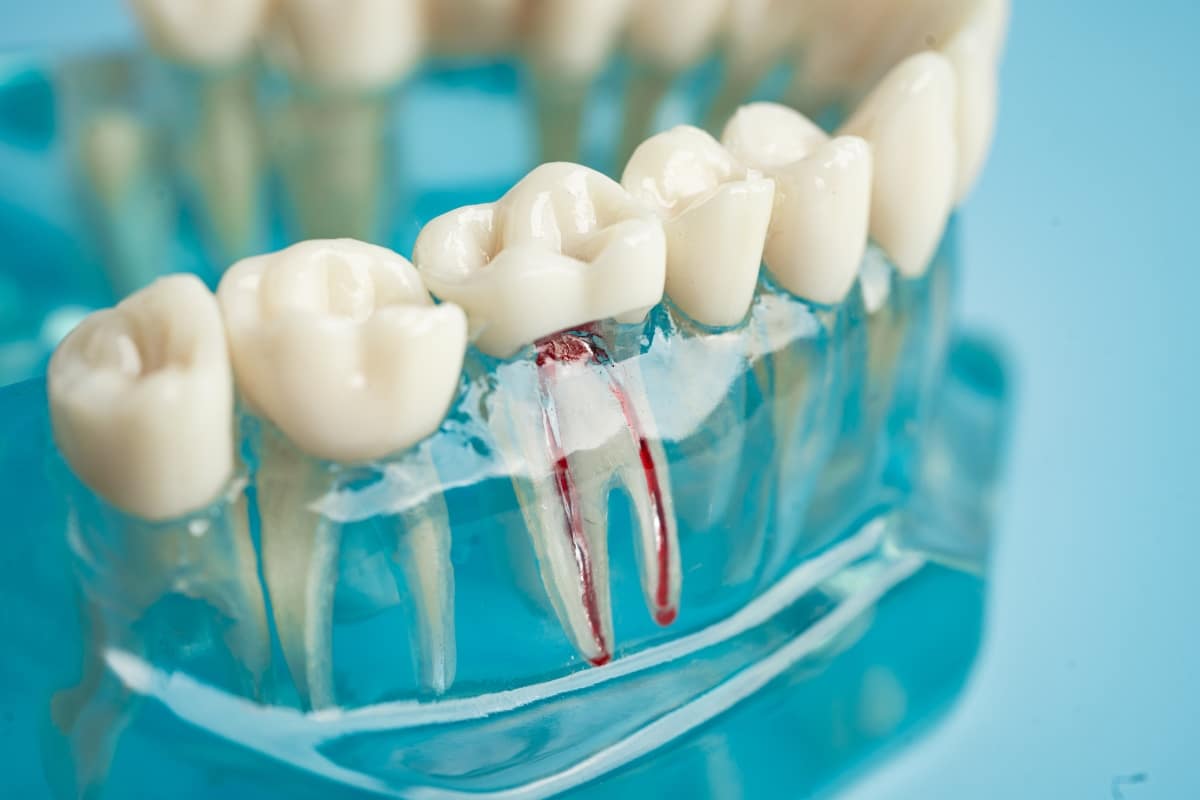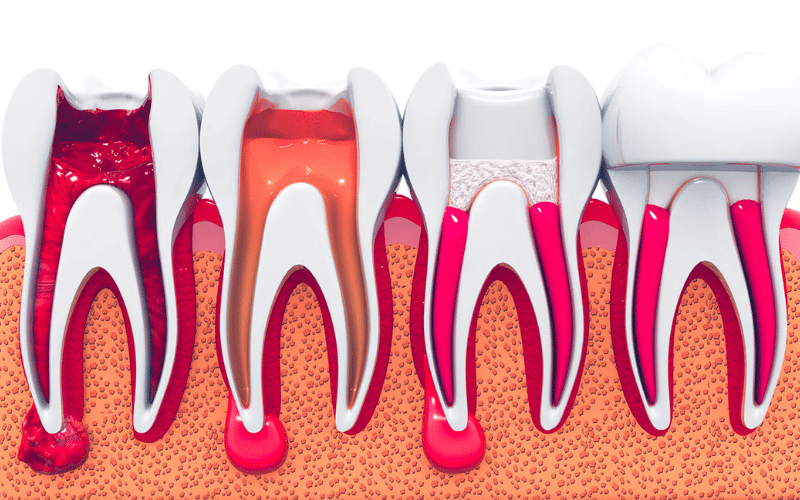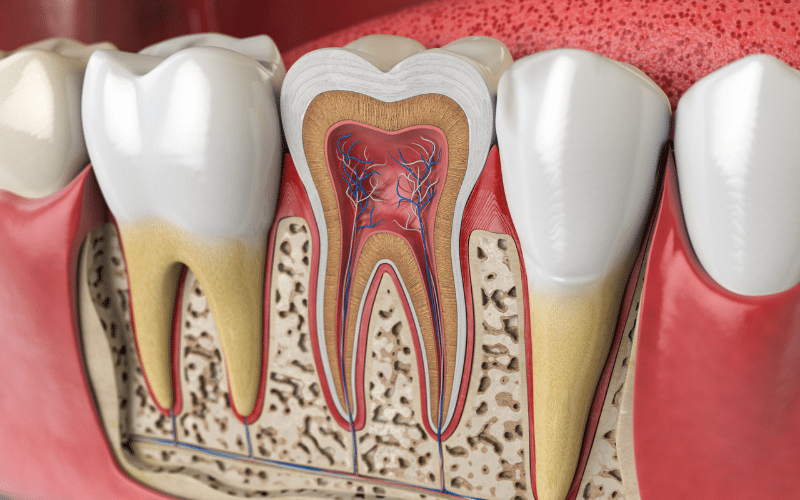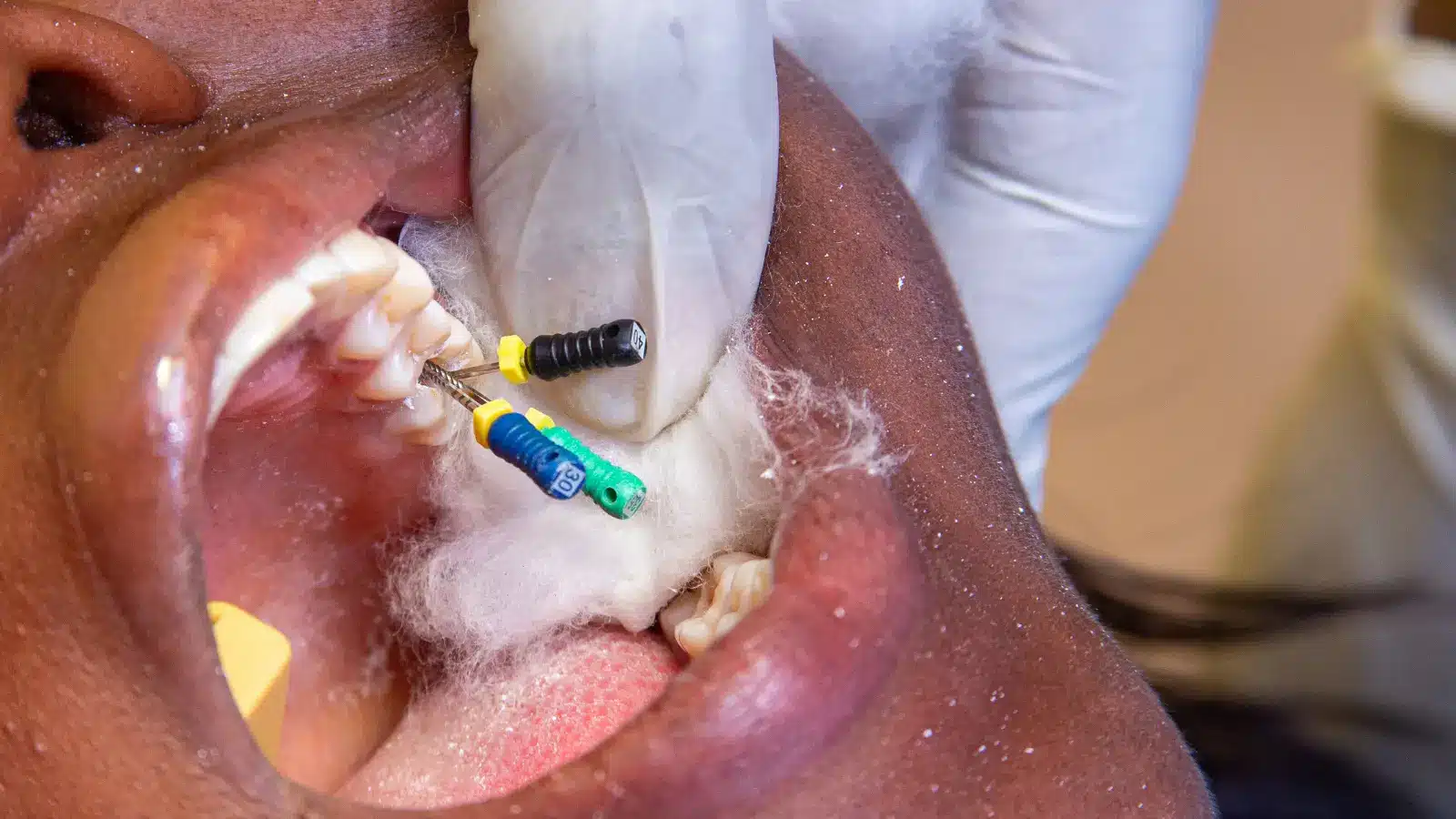
Will a Dentist Give Anesthesia Before a Root Canal Treatment? Everything You Need to Know
When you come across the term root canal treatment, does the thought of pain instantly come to mind? It’s a common concern. If you’re preparing for a root canal in Butler, PA, understanding what to expect can ease your anxiety. The big question on many minds: Will a dentist give anesthesia before the treatment? The answer is a resounding yes. But there’s more to the story than just a simple answer.
What Is a Root Canal Treatment?
A root canal treatment is a dental procedure that aims to save a tooth severely damaged by decay or infection. Without this treatment, the only alternative might be tooth extraction. Here’s how the process works:
- Removing the Infected Pulp: The dentist removes the damaged or infected pulp inside the tooth. This pulp contains nerves, so the process is meticulous.
- Cleaning the Area: After removing the pulp, the dentist cleans and disinfects the root canals to prevent further infection.
- Filling and Sealing: To preserve the tooth, the cleaned canals are filled with gutta-percha, a biocompatible substance, and sealed.
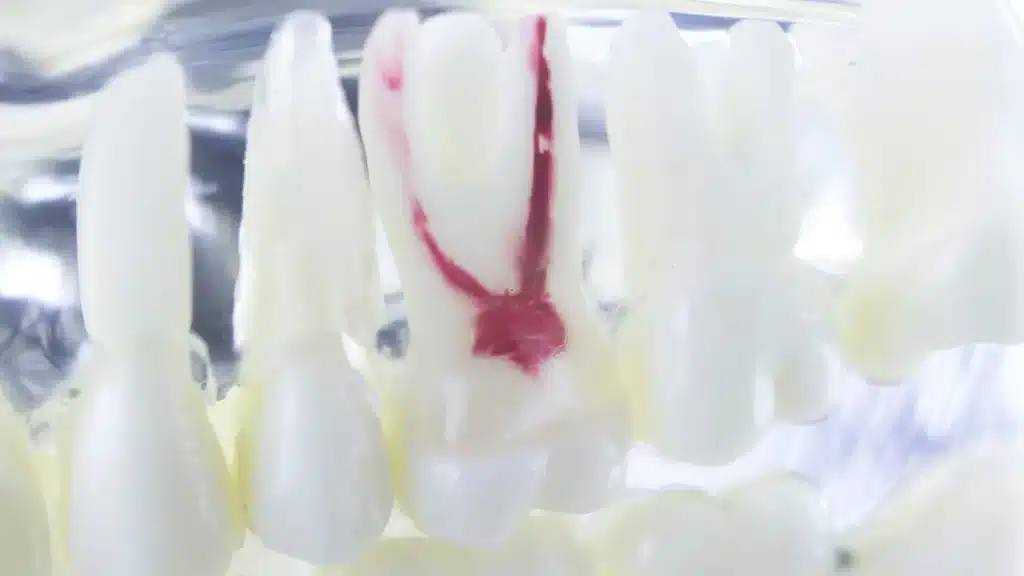
Why Is Anesthesia Essential for Root Canal Treatment?
Pain management is crucial in any dental procedure, especially one as intricate as a root canal. Here’s why anesthesia is indispensable:
- Pain Elimination: The nerves inside your tooth are highly sensitive. Without anesthesia, the pain would be unbearable. Anesthesia numbs the area, ensuring you don’t feel a thing during the procedure.
- Patient Comfort: A relaxed patient allows the dentist to work efficiently. Anesthesia not only prevents pain but also helps you stay calm throughout the treatment.
- Gag Reflex Control: Some patients have a strong gag reflex. Anesthesia, particularly when combined with sedation, can help manage this, making the procedure smoother.
Types of Anesthesia Used in Root Canal Treatments
Understanding the types of anesthesia used can help you feel more in control of your dental care. Here are the primary options:
1. Local Anesthesia
Local anesthesia is the most common type used in root canal treatments. It numbs the specific area where the dentist will work, usually with an injection of lidocaine.
- How It Works: The dentist injects the anesthetic near the affected tooth. Within minutes, the area becomes numb, allowing the dentist to proceed without causing you pain.
- Duration: The numbing effect typically lasts 2 to 4 hours, providing comfort even after the procedure.
2. Sedation Anesthesia
For those with severe anxiety or a low pain threshold, sedation anesthesia might be recommended. This method keeps you relaxed, and in some cases, you might not even remember the procedure.
- Types of Sedation:
- Nitrous Oxide (Laughing Gas): Provides mild sedation, keeping you calm but fully aware.
- Oral Sedatives: Pills taken before the procedure that provide moderate sedation.
- IV Sedation: Delivers deeper sedation, where you may not be conscious during the procedure.
- Why It’s Used: Sedation is ideal for patients who have dental phobia or need lengthy procedures.
What to Expect During a Root Canal Treatment
Knowing what happens during a root canal treatment can help reduce anxiety. Here’s a breakdown of the process:
1. Initial Consultation
Your first step is a consultation with your dentist in Butler, PA. The dentist will check your tooth, take X-rays, and determine the extent of the damage.
2. Administration of Anesthesia
Before the procedure begins, the dentist administers local anesthesia to numb the area. If you require sedation, it will also be given at this time.
3. Accessing the Infected Area
The dentist creates a small hole in the crown of your tooth to approach the infected pulp inside.
4. Cleaning and Shaping the Canals
The infected slush is removed, and the root canals are cleaned and shaped. This step is important to eliminate bacteria and prevent future infections.
5. Filling and Sealing the Tooth
After cleaning, the dentist fills the canals with gutta-percha and seals the tooth. Depending on the state, a temporary or permanent filling is placed.
6. Aftercare and Recovery
After the anesthesia wears off, you may feel a little sensitive or uncomfortable. Ibuprofen and other over-the-counter painkillers can help control this. To guarantee a speedy recovery, your dentist will provide detailed instructions for dietary tips and aftercare to keep your smile well-nourished.
Common Questions About Anesthesia and Root Canal Treatment
Is the Anesthesia Safe?
Yes, the anesthesia used in dental procedures is safe. Dentists in Butler, PA, typically use lidocaine, which is well-known for its effectiveness and safety. Your dentist will take a look at your medical history to ensure there are no contraindications.
How Long Does the Anesthesia Last?
The effects of local anesthesia last 2 to 4 hours. Sedation anesthesia can last longer, depending on the type and dosage.
Will I Feel Any Pain After the Anesthesia Wears Off?
It’s normal to feel some discomfort after the anesthesia wears off. But since it’s usually not very bad, you can treat it with over-the-counter analgesics.
Tips for a Smooth Root Canal Treatment Experience
Here are some tips to ensure your root canal treatment in Butler, PA, is as smooth as possible:
- Discuss Concerns with Your Dentist: If you have any fears about the procedure, talk to your dentist. They can explain the process in detail and offer reassurance.
- Follow Pre-Procedure Instructions: Your dentist might provide particular instructions, such as staying away from certain foods or medications before the treatment. Follow these instructions closely.
- Prepare for Post-Treatment Care: If you’re receiving sedation, arrange for someone to drive you home. For the rest of the day, take it easy and stay away from demanding activities. To know more in detail, please read our article on recovery and aftercare of root canal therapy.
- Choose Soft Foods: After the procedure, stick to soft foods and avoid chewing on the treated tooth until it’s fully restored.
Local Insights in Butler, PA
Butler, PA, is home to some of the best dental professionals in the region. Whether you’re in nearby Meridian or Lyndora, finding a skilled dentist to perform your root canal treatment is easy. In fact, according to a 2023 survey by the American Dental Association, nearly 90% of patients in Butler County reported satisfaction with their root canal treatments, citing minimal discomfort and effective pain management.
Conclusion: Anesthesia Is Your Ally in Root Canals
To answer the question, Will a dentist give anesthesia before a root canal treatment?—the answer is a firm yes. Anesthesia is not just an option but a critical component of modern dental care. It guarantees that you remain comfortable and pain-free during your procedure.
If you’re seeking root canal treatment in Butler, PA, consider contacting Pearl Dentistry of Butler, PA; we are equipped to provide top-notch care. Whether you’re in Lyndora or Shanor-Northvue, PA, you can visit us; we prioritize your comfort and well-being.


